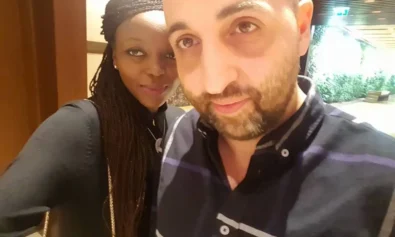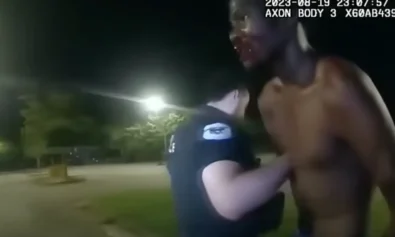A parole hearing has been scheduled for Fair Wayne Bryant, the Louisiana man serving a life sentence for stealing a pair of hedge clippers.
Francis Abbott, executive director of the Louisiana Board of Pardons and Parole, told The Lens the hearing is scheduled for Oct. 15. It will be Bryant’s fourth parole hearing since 2015. The other three times he has appeared in front of the board, in 2015, 2018, and 2019, his release has been denied.

Abbott blamed behavioral problems for the first two denials. His last write-up, which occurred in September 2018, was for contraband.
“He had numerous disciplinary infractions,” Abbot said. “He had very poor disciplinary conduct.”
Bryant, 67, was originally sentenced to life imprisonment without the possibility of parole in 2000. It was later changed to life with a possibility of parole in 2018. He was sentenced under habitual offender laws, which allowed for a tougher sentence for people with a criminal record.
Bryant has four felonies on his record and only one of them, an armed robbery, was violent.
Last week, the Louisiana Supreme Court refused to hear Bryant’s case. The only dissenting vote was Chief Justice Bernette Johnson, the only Black judge on the bench. Johnson argued Bryant’s sentence is “grossly out of proportion to the crime.”
She also argued his offenses were related to his suffering caused by addiction and poverty.
“Each of these crimes was an effort to steal something,” Johnson wrote. “Such petty theft is frequently driven by the ravages of poverty or addiction, and often both. It is cruel and unusual to impose a sentence of life in prison at hard labor for the criminal behavior which is most often caused by poverty or addiction.”
Abbott disagreed with Johnson’s assessment and argued Bryant’s incarceration is a matter of public safety.
“I’d like to point out that this offender was habitually billed,” he told The Lens. “The underlying charge — that initial charge — is not the only thing that was considered at his sentencing. And he has an extensive arrest and criminal history.”
He added, “First and foremost our board is going to consider public safety.”


